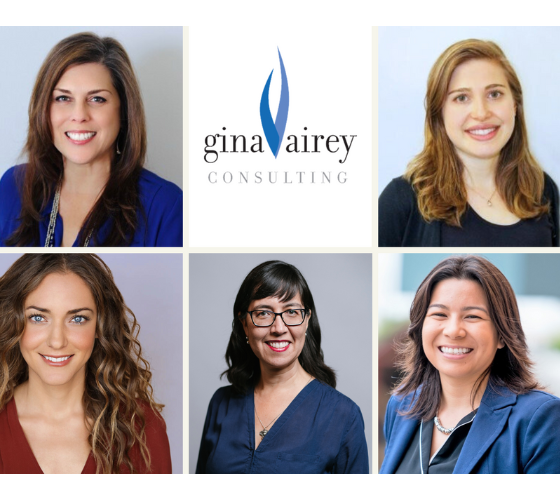At GAC everything is directed by our vision that social change makers are resilient leaders, organizations are anti-racist, and collaboration is equitable, accountable, and effective.
Reflecting our three-part vision statement, we support client organizations and collaboratives to: develop and coach change makers within organizations; build and nurture strategic, anti-racist social change organizations; and, strengthen equitable, accountable collaboration within and across sectors.
Our approach and unique contribution is that: the work of social change – improving our communities, relationships, and the availability and distribution of resources – is never complete; living accountably in community means being engaged in ongoing, generative practice on the individual, interpersonal, institutional, and ideological levels to improve, grow, build, and learn; in order to reach the equitable world we are working toward, anti-racist principles must guide this work at every level; and, GAC’s work to strengthen social change actors, organizations, and ecosystems (via collaborative efforts) is complementary to other anti-racist efforts to strengthen individuals, relationships, organizations, and ecosystems.
GAC is guided by our mission to facilitate social change makers toward the clarity, consensus, and collaboration needed to reach their visions. We know from decades of experience that the collaboration needed to reach visions must take many different forms. The way we facilitate social change makers and the team environment we create with clients and community align with our values of Social Justice & Racial Equity, Impact & Transformation, Co-Creation & Collaboration, Community of Care, Growth Mindset & Agency, and Abundance. Grounded in these values, we translate our primary value of social justice and racial equity into four equity principles. We embrace Race Forward’s definition of racial equity as “a process of eliminating racial disparities and improving outcomes for everyone. It is the intentional and continual practice of changing policies, practices, systems, and structures by prioritizing measurable change in the lives of people of color.” GAC applies equity as both a process and an outcome by inviting all clients into this approach: centering equity in our practice is a process that creates transformation as we go, not relying on it to emerge as a result of the plan we build together; equity is always a work in progress (none of us will be perfect at it) and it requires stretching and discomfort. In partnership with clients, we intentionally address ways in which white dominant culture and inequities have been built into clients’ systems and organizations.
